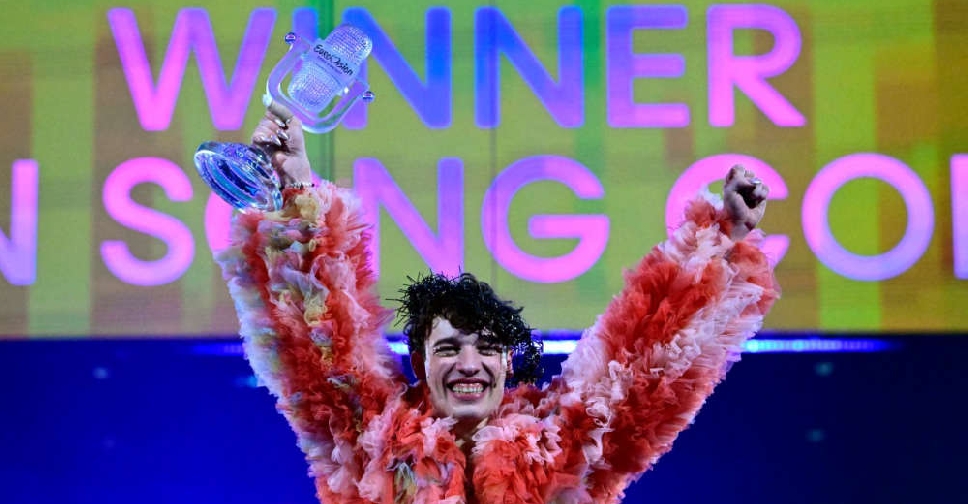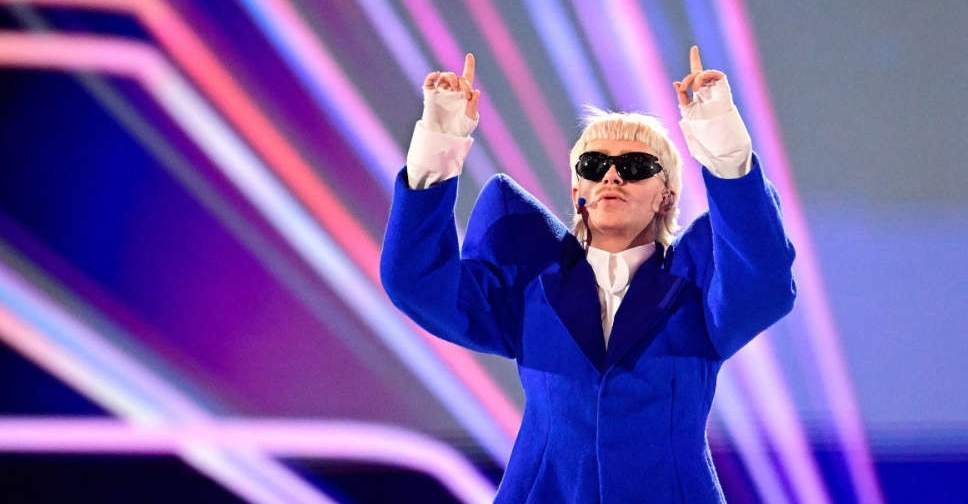
Hollywood's writers union reached a preliminary labour agreement with major studios on Sunday, a deal expected to end one of two strikes that have halted most film and television production and cost the California economy billions.
The three-year contract still must be approved by leadership of the Writers Guild of America (WGA,) as well as union members, before it can take effect.
The WGA, which represents 11,500 film and television writers, described the deal as "exceptional" with "meaningful gains and protections for writers".
"This was made possible by the enduring solidarity of WGA members and extraordinary support of our union siblings who joined us on the picket lines for over 146 days," the negotiating committee said in a statement Sunday.
The WGA settlement, while a milestone, will not return Hollywood to business as usual even if it is ratified. While writing may resume, the SAG-AFTRA actors' union remains on strike.
Writers walked off the job on May 2 after negotiations reached an impasse over compensation, minimum staffing of writers' rooms, the use of artificial intelligence and residuals that reward writers for popular streaming shows, among other issues.
"We stuck it out," WGA liaison Caroline Renard said Sunday. "This is a union industry, and it's about the people that make the actual product that makes these company billions of dollars."
One writer posted an image on social media of a picket sign that read simply: "The End."
The only comment from the Alliance of Motion Picture and Television Producers, the trade group representing Walt Disney, Netflix, Warner Bros Discovery and other major studios, came in a brief statement with the union.
"The WGA and AMPTP have reached a tentative agreement," the statement said.
The proposed contract is still preliminary. The WGA's negotiating committee said it would share details only after it receives final contract language. After that, the negotiators will vote on whether to recommend the deal to leadership, which must then decide if they will present it to members for a vote.
Hollywood's dual strikes had shut down production of movies and TV series and sent late-night talk shows into re-runs. Efforts to restart daytime talk shows without writers, such as The Drew Barrymore Show, collapsed this month, in the face of criticism from striking writers and actors.
At picket lines, protests took on the rhetoric of class warfare. Writers assailed media executives' compensation and said working conditions had made it hard for them to earn a middle-class living.
Executives at times fanned tensions. Disney Chief Executive Bob Iger, fresh off a contract extension that offered an annual bonus of five times his base salary, criticized striking writers and actors as "just not realistic" in their demands.
Iger subsequently struck a conciliatory note, citing his "deep respect" for creative professionals.
"It's been a long road, and I'm ready to take the next step forward, which is just like healing for our guild and getting back to work on ourselves," Harlem writer Brandon K. Hines said on Sunday.

 Big movies, strange mood as Cannes Film Festival prepares for opening night
Big movies, strange mood as Cannes Film Festival prepares for opening night
 Bafta wins for Top Boy and Happy Valley
Bafta wins for Top Boy and Happy Valley
 Switzerland wins Eurovision Song Contest amid Gaza protests
Switzerland wins Eurovision Song Contest amid Gaza protests
 Dutch contestant Joost Klein expelled from Eurovision final
Dutch contestant Joost Klein expelled from Eurovision final
 Fiona Harvey threatens to sue Netflix over Baby Reindeer claims
Fiona Harvey threatens to sue Netflix over Baby Reindeer claims




